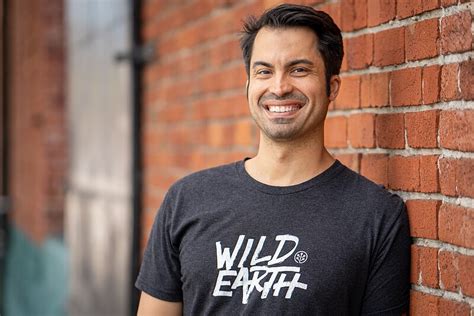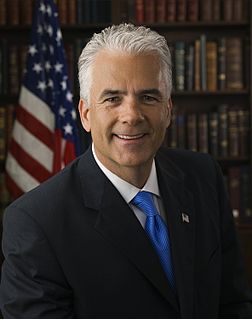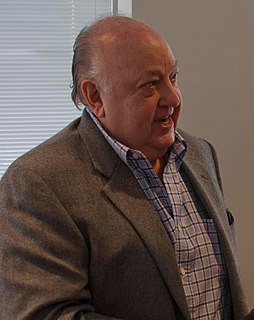A Quote by Ryan Bethencourt
The potential for synthetic biology and biotechnology is vast; we all have an opportunity to create the future together.
Quote Topics
Related Quotes
A paradigm shift is the best a scientist can hope for. Whenever I smell an opportunity like that, I go after it. You have a new discovery that something's working in a different way than you thought. And this is particularly true in molecular and cell biology, which is structural biology and has the least potential for controversy and partisanship among the biological scientists. You're dealing with a concrete object that's either there or not there.
The greatest existential risks over the coming decades or century arise from certain, anticipated technological breakthroughs that we might make in particular, machine super intelligence, nanotechnology and synthetic biology. Each of these has an enormous potential for improving the human condition by helping cure disease, poverty, etc. But one could imagine them being misused, used to create powerful weapon systems, or even some kind of accidental destructive scenario, where we suddenly are in possession of some technology that's far more powerful than we are able to control or use wisely.
I think it's unrealistic to believe that somewhere in outer space two big rocks crashed together with a bang and now I have a wonderful family, freedom, and opportunity." We're gathered here with love and fellowship and friends. You can bang rocks together all you want; you cannot create what we have here. Maybe God can create life from big bangs, but rocks can't.
The effort to eliminate synthetic pesticides because of unsubstantiated fears about residues in food will make fruits and vegetables more expensive, decrease consumption, and thus increase cancer rates. The levels of synthetic pesticide residues are trivial in comparison to natural chemicals, and thus their potential for cancer causation is extremely low. [Ames believes that "to eat your veggies" is the best way to prevent cancer.]



































